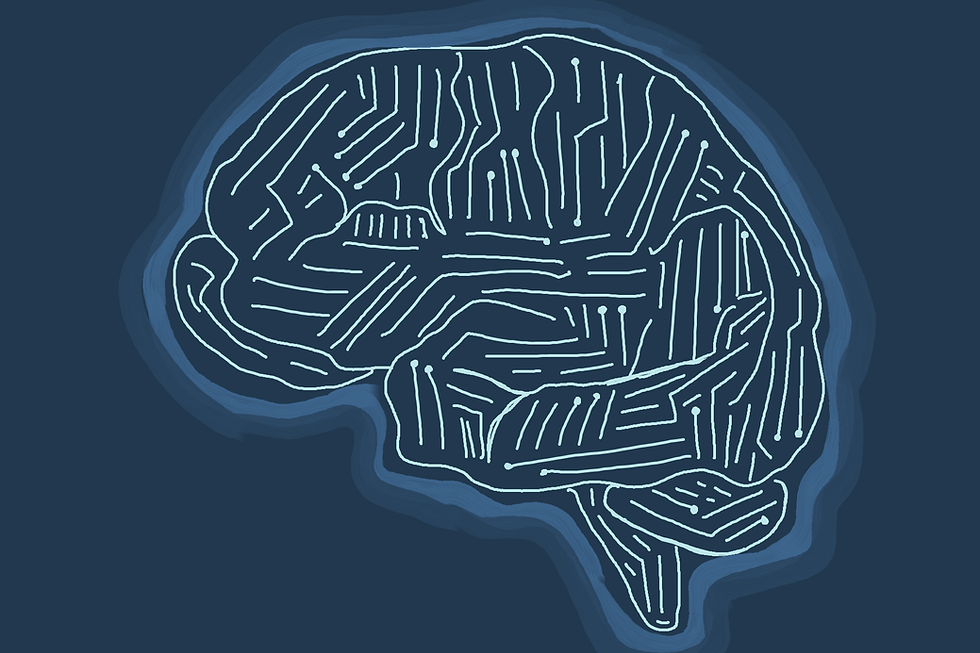Potential Role of PACAP in PTSD and Other Stress-Related Pathways
- The Natural Philosopher
- Sep 29, 2017
- 2 min read
By Avery St. Sauveur
A major component of the struggle to destigmatize mental illness has been the fight to establish its physical traces in the brain. While we understand the symptoms of mental disorders, and treatment and therapeutic techniques are available to patients, the underlying biological causes of many of these disorders remain enigmatic. This lack of understanding may contribute to current-day stigma that surrounds mental illness diagnoses. This article by Ressler et al. uncovers these biological causes, opening the door for better treatment methods, increasing rehabilitation rates, and increasing public understanding and acceptance.
Recent research has begun to correlate stress response pathways with the actions of particular proteins, including the protein PACAP. Since its discovery nearly twenty years ago, pituitary adenylate cyclase-activating polypeptide (PACAP) has become an increasingly popular focus of study, specifically with cellular stress response. PACAP is a secondary messenger protein with a plethora of functions. These duties include, but may not be limited to, cell signaling, cell protection, cell development, and metabolism. This multifunctional nature permits PACAP to operate in a variety of biological pathways, including stress-related responses. It may also have a role in addictive behavior and chronic pain states, as it has been shown to increase neuronal excitability.
In work produced by Ressler et al., researchers uncovered a potential link between PACAP and post-traumatic stress disorder (PTSD), a debilitating disorder characterized by flashbacks, avoidance behavior, and hyperarousal. Blood levels of PACAP were obtained from over a thousand symptomatic, traumatized patients, and the results were surprising. There was a strong correlation between high blood levels of PACAP and PTSD symptoms in women, but not men. While PACAP was often present in male participants’ blood, levels of PACAP were far lower than in the blood of female participants. This was later replicated with an all-female group, and similar results were obtained. A smaller group of participants, both male and female, were presented with startle cues. Female participants with high PACAP blood levels and PTSD symptoms had abnormally strong conditioned fear responses, but male participants did not.
Studies such as this mark an important shift in the study of mental illness, and even present new possibilities. The mysterious nature of the biology of mental disorders can elude the public, professionals, and researchers alike, but the study of PACAP and other similar protein complexes opens the door for further research and discussion on the mechanical underpinnings of these diseases. The differences in PACAP blood levels between men and women indicate that the discussion should be opened up to sex differences as well; there may be a relationship between sex hormones such as estrogen and the process by which a disorder occurs.
It may be incorrect to assume that the mechanisms behind a disease are universal; sex differences may contribute more to an individual than simply reproductive organs. More time must be dedicated to studying the mechanisms behind stress-response and PTSD in men. While PACAP levels appear much less in men with PTSD symptoms, its potential presence cannot be ignored and the potential role of sex hormones must be kept in mind. Revealing the biological bases of PTSD and other mental illnesses may help to establish more general understanding and sympathy, which could in turn lead to more appropriate legislation and reduced stigma for those suffering.
http://www.nature.com/nature/journal/v470/n7335/full/nature09856.html?foxtrotcallback=true


Comments